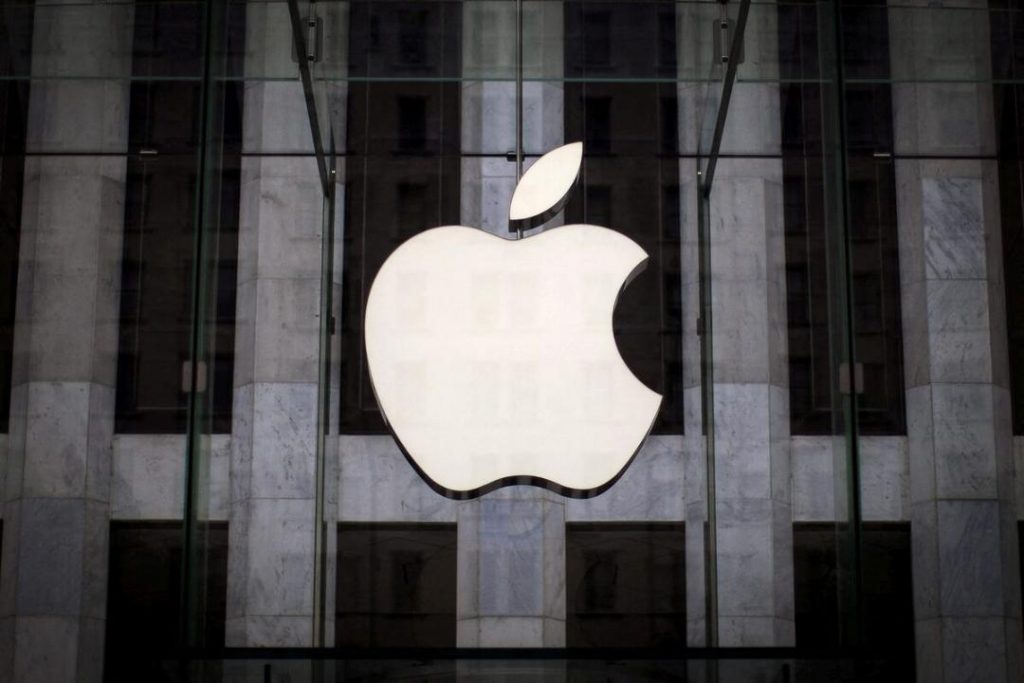
Apple to Expand Assembly Ops in Brazil to Avoid US Tariffs: Report
In a move aimed at dodging the tariffs imposed by the US government, Apple is reportedly looking to expand its iPhone assembly operations in Brazil’s São Paulo facility. According to a Brazilian publication, Apple has been upgrading equipment and production processes in Brazil since last year, and is now planning to increase its production capacity in the country.
The decision to expand operations in Brazil comes as the US President Donald Trump-led government imposed new tariffs on imports from nations like China and India, which are key hubs for Apple’s iPhone manufacturing and assembly. The tariffs, which were introduced in September, have increased the cost of imports for Apple, forcing the company to consider alternative manufacturing locations.
Apple’s production facility in São Paulo, Brazil has been operational since 2014, and has been primarily focused on assembling iPhones for the Latin American market. However, with the new tariffs in place, the company is now looking to diversify its production base and reduce its reliance on imports from countries subject to US tariffs.
The expansion of Apple’s production operations in Brazil is expected to create new jobs and boost the country’s economy. According to estimates, the iPhone manufacturing industry in Brazil already employs over 100,000 people, and the expansion of Apple’s operations is likely to create thousands of additional jobs.
The move by Apple to expand its operations in Brazil is also seen as a strategic one, as the country is a growing market for the company. Brazil has a large and growing middle class, with a high demand for smartphones and other consumer electronics. By increasing its production capacity in the country, Apple can better meet this demand and reduce its reliance on imports.
Apple’s decision to expand its operations in Brazil is also seen as a response to the growing trend of globalization and the increasing importance of emerging markets in the global economy. As the global economy becomes more interconnected, companies are increasingly looking to diversify their production bases and reduce their reliance on a single market or region.
In conclusion, Apple’s decision to expand its iPhone assembly operations in Brazil is a strategic move aimed at dodging the tariffs imposed by the US government and reducing its reliance on imports from countries subject to US tariffs. The expansion of operations in Brazil is expected to create new jobs and boost the country’s economy, and is seen as a response to the growing trend of globalization and the increasing importance of emerging markets in the global economy.






